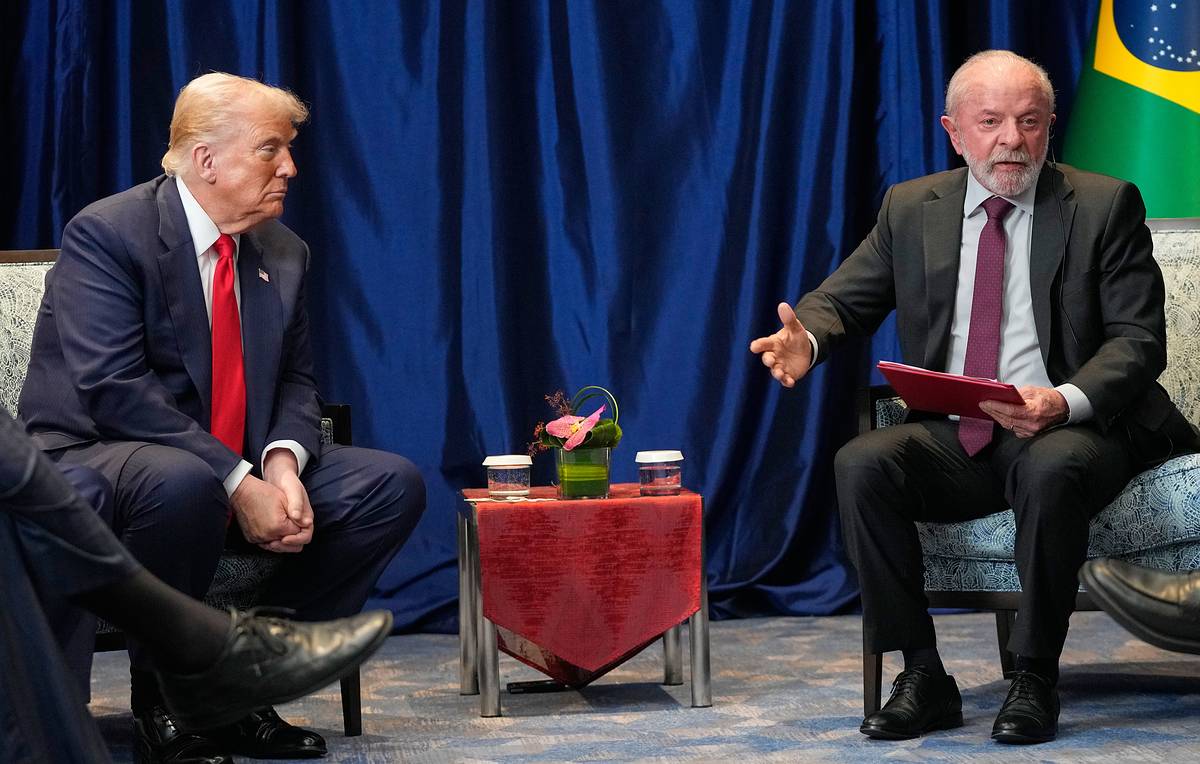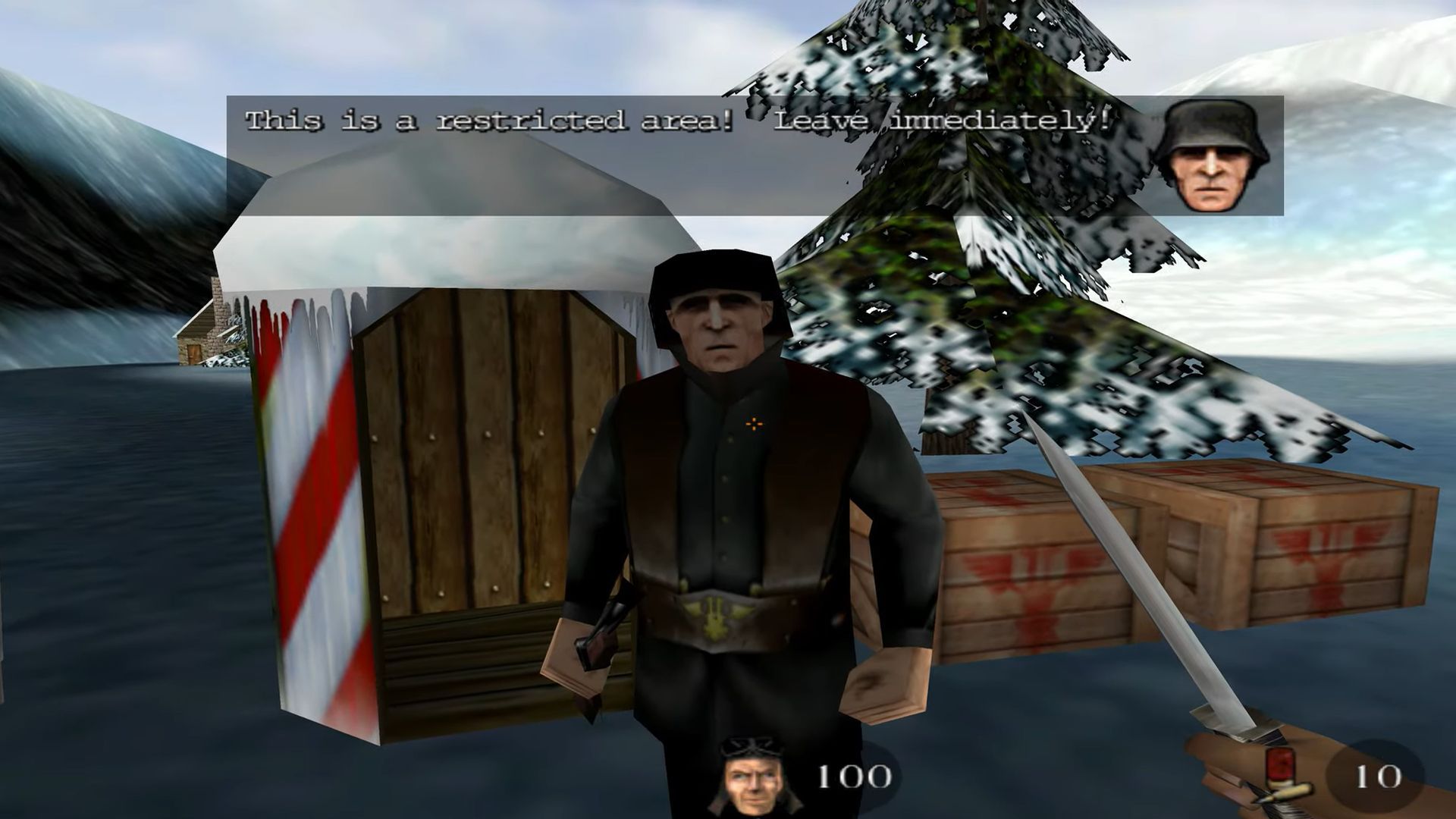Copyright tass

MOSCOW, October 27. /TASS/. Russia successfully tests the Burevestnik intercontinental cruise missile, the US is ready for a ground operation in Venezuela, and Ukrainian militants are stepping up activity in Africa. These stories topped Monday's headlines across Russia. Vedomosti: How Russia, US continue dialogue after Trump’s sanctions Information about successful trials of the Burevestnik intercontinental cruise missile has been conveyed to the US side, Kirill Dmitriev, special presidential representative for investment and economic cooperation with foreign countries and CEO of the Russian Direct Investment Fund, who is currently visiting the United States, said in a video address on his Telegram channel on October 26. "The nuclear-powered Burevestnik is truly a unique weapon that no other country possesses," Russian President Vladimir Putin said while visiting a Joint Force command post. He emphasized that, while the decisive trials had been completed, significant work is ahead to engage this weapon in combat duty. This is likely the first time in a while that a new class of strategic offensive weapons has emerged, said Dmitry Stefanovich, researcher with the Center for International Security at the Russian Academy of Sciences’ Institute of World Economy and International Relations. However, the expert stressed that it is yet difficult to assess the impact of this weapon on the general strategic balance. "Everything will depend on the format of combat duty and the scenarios of combat use of a new missile system, as well as on the scale of its production and deployment," he emphasized. Speaking to Fox News and CNN on October 25, Dmitriev also stressed the ineffectiveness of the policy of pressure and ultimatums. A couple of days prior to Dmitriev’s statements and the Burevestnik trials, overnight on October 23, US President Donald Trump announced the cancellation of the previously announced Russia-US summit in Budapest, as well as the decision of the US Department of the Treasury to introduce new sanctions. Dmitriev’s visit and the nature of new restrictive measures show that Washington does not seek to interrupt bilateral dialogue, yet tries to put pressure on Moscow, Dmitry Suslov, Deputy Director of the Center for Comprehensive European and International Studies at the Higher School of Economics, told Vedomosti. In his opinion, US pressure will grow gradually but not radically. "One must also take into account that the Trump administration is also putting pressure on Europe and Ukraine," the expert specified. In his opinion, until there is a major change on the battlefield, no substantial diplomatic breakthrough is likely. However, until that moment, no serious escalation on the part of the US should be expected either, Suslov concluded. Vedomosti: Is US ground operation in Venezuela possible Brazilian President Lula da Silva offered to his US counterpart Donald Trump to serve as an intermediary to resolve the crisis around Venezuela during an in-person meeting in Malaysia on October 26, Reuters reported, citing top Brazilian diplomat Mauro Vieira. The Brazilian leader asserted that Latin America is a "region of peace." However, Trump earlier suggested he was ready for a different scenario. He stated that, within the framework of an anti-drug operation already conducted by the US Navy near Venezuela’s coast, a land operation could follow. According to Director of the Center for Military and Economic Studies at the Higher School of Economics’ Institute of World Military Economy and Strategy Prokhor Tebin, the support of a strike air carrier group of the US Navy will result in major reinforcement in the region. The capabilities of the current contingent will expand both to carry out a full blockade of Venezuela and a bombing campaign. Tebin believes that with the ground operation, strikes from warships and aviation are possible, as well as attacks by special operations forces, such as in Yemen and Iraq. However, getting involved in large-scale actions on the ground without allies would be a significant political risk for the US. In his opinion, "one shouldn’t have any illusions" about the ability of the US’ bombardment campaign to destroy the state of Venezuela. "They can disrupt the situation in the country, indirectly pressure Russia and China." That said, such a scenario may backfire on Washington’s relations with South American countries, Tebin believes. "This will cost the US dearly, destabilize the region, trigger waves of refugees, and cede [Venezuela] to drug cartels. While they, unlike the opposition, are well-organized and armed and will turn the country into a Latin American Libya," the expert asserted. He emphasized that Venezuela’s combat ability in a hypothetical clash with the US must be assessed extremely skeptically. Viktor Kheifets, editor-in-chief of the Latin America magazine, concurs, noting that the Venezuelan army has no relevant combat experience while the state of even its new hardware is questionable. Izvestia: Ukrainian militants become active in Africa Russia has evidence of the arrival of militants of Ukrainian origin to a number of African countries, Yulia Zhdanova, head of the Russian delegation to the Vienna talks on military security and arms control, told Izvestia. In Mali, as Aliu Tunkara, a local parliament member, told the newspaper, terrorists began receiving drones from Ukrainian mercenaries. The Russian Embassy in Burkina Faso also notes the intensified activity of armed groups. According to Russian data, it is observed in the areas where coordination centers of Western intelligence services are located. Ukrainian mercenaries appeared on the African continent thanks to their British handlers, military expert Alexey Leonkov noted. But, certainly, the involvement of the special services of other European countries, especially those associated with Africa's colonial past, is not excluded. Primarily, this involves France. "Britain cannot directly participate in many conflicts and often uses proxies, in which it has invested a lot of effort and resources. Previously, these were terrorist groups like Boko Haram, but now, as it turns out, these groups cannot cope with the forces that carry out their combat missions, that is, helping African states gain independence and peace both inside the country and on their borders," the military expert said. The interest in Africa is due to the fact that it is a continent with significant development prospects, Maya Nikolskaya of Moscow State Institute of International Relations told Izvestia. Its demographic potential, the main resource of the 21st century, is of enormous value, she noted. "The African countries themselves are demonstrating growing identity on the world stage, and they launch international initiatives more often," the expert said. Izvestia: Russia, Iran to continue all projects despite threat of UN sanctions Russia and Iran will continue cooperation in the energy, transport and nuclear fields, despite attempts to restore UN Security Council sanctions, Russian Ambassador to the Islamic Republic Alexey Dedov told Izvestia. All bilateral projects remain underway, including the development of the North-South international transport corridor and the participation of Russian companies in the Iranian oil and gas sector. Meanwhile, the diplomat added that Russia and Iran regularly hold consultations on the Syrian issue, where the countries adhere to similar positions regarding the conflict’s settlement. Against this background, a series of high-level visits took place, including Secretary of Iran's Supreme National Security Council Ali Larijani’s visit to Moscow and subsequent talks in Tehran with Russian Presidential Special Envoy for Syria Alexander Lavrentyev. Lana Ravandi-Fadai, senior research fellow at the Institute of Oriental Studies of the Russian Academy of Sciences, notes that Russia and Iran are demonstrating their readiness to further develop joint projects, despite sanctions-related pressure. "Moscow has already stated that it does not recognize the legality of new restrictions, and both countries are still focused on strengthening ties in the energy and transport sectors," she said in a comment to Izvestia. According to her, under sanctions, it is projects such as the international North-South transport corridor and the participation of Russian companies in the development of the Iranian oil and gas sector that can receive additional momentum. "It will not be easy to implement them swiftly, there are difficulties and obstacles," the expert added. "But the main thing is that there is political will on both sides and an understanding that only through joint efforts, Russia and Iran will be able to effectively resist Western pressure," she explained. In the opinion of Ravandi-Fadai, despite the continuing contradictions between Tehran and Syria’s new authorities, Russia can play an important mediation role in restoring dialogue between the two countries. The expert notes that Iran would like to return to Syria, but so far it appears impossible, as the new Syrian authorities are extremely hostile to Tehran. "Russia can play an important, albeit unofficial, role in easing tensions between Iran and Israel as well," the expert added. Kommersant: Global investments in gold amount to almost $40 billion According to data from the Emerging Portfolio Fund Research (EPFR), historically high inflows of investments have been recorded to global gold ETFs. By October 22, net capital investments in all such funds for a week amounted to $8.7 billion, almost twice the previous week’s result. Since the beginning of autumn, such investments have reached almost $40 billion. Investors are actively boosting their investments in gold amid the rapid decrease of rates by global central banks as well as the increased toxicity of dollar assets. Analysts do not rule out gold prices rising up to $5,000 per ounce in 2026 given the further decrease of the Federal Reserve System’s rate and high geopolitical risks. "Gold remains a hedge against debasement, which did not go anywhere, it’s a wager on a loss of the money’s real value amid the Fed’s soft policy, uncontrolled fiscal expenses and the growing debt. Plus it’s an additional hedge against the US’ overheated economy, the AI hype and the loss of trust in the dollar and geopolitics," Alyona Nikolayeva, portfolio manager at Astero Falcon, noted. The analysts from the Bank of America do not rule out the price of gold climbing up to $5,000 per ounce next year, with the median forecasted price at $4,400. Nikolayeva believes that the current price is already close to a peak, and some cooling or consolidation at the current level is possible. "However, in the event of geopolitical crises, continued trade wars, a shutdown or a decline of trust in treasuries and such, gold can easily reach new record highs," the expert noted. TASS is not responsible for the material quoted in these press reviews



